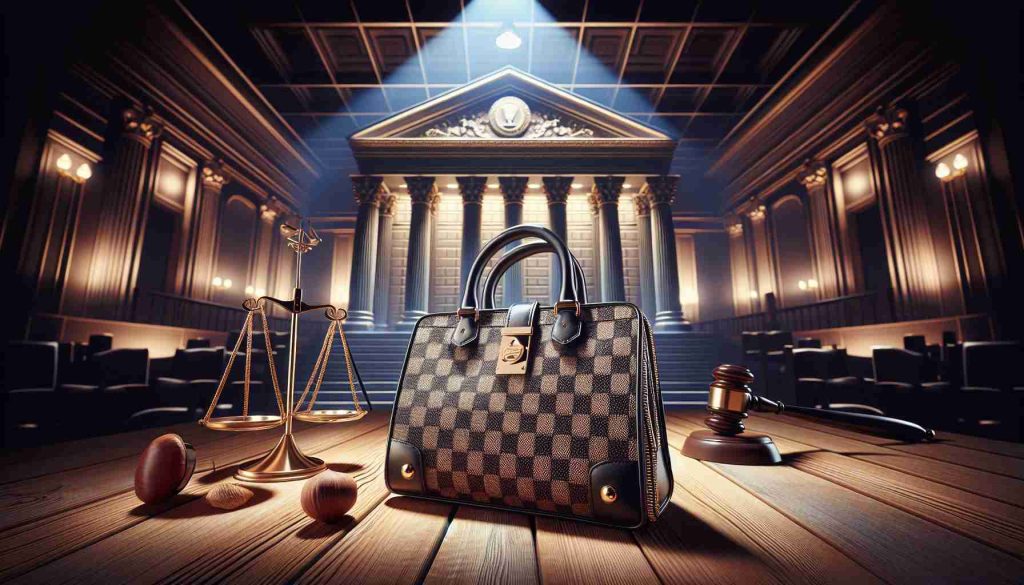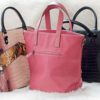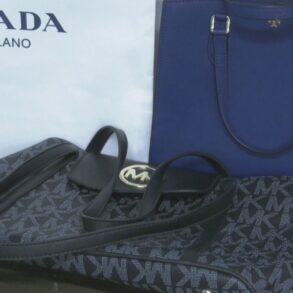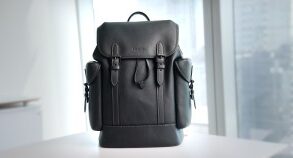
Summary: Hermès is embroiled in a class-action lawsuit for its sales strategy on its iconic Birkin bags. The case accentuates the critical balance luxury brands must strike between exclusivity and customer experience, and it unfolds amidst growing demands for transparency and fair competition in the luxury goods sector.
The revered Birkin bag by Hermès, a hallmark of opulent fashion, is at the heart of a controversy involving customer treatment and sales tactics. A symbol of the highest form of luxury and craftsmanship, the Birkin, pioneered by Hermès and named after the celebrated Jane Birkin, has transcended its material form to become a cultural phenomenon. Regarded as an investment that surpasses many traditional financial instruments, securing a Birkin at its starting price of around $10,000 can be an elusive aim.
Confronted with claims of necessitating additional purchases, Hermès customers have shared their frustrations about the process of acquiring a Birkin or Kelly bag. This practice of “tying,” as reported by the Financial Times and causing social media outcry, has led to a lawsuit against Hermès by California residents. This action signifies the intensifying legal and consumer scrutiny on whether such practices unjustly inflate prices and restrict competition.
The legal battle against the distinguished French luxury house exposes the delicate nature of cultural capital in the luxury industry. It underscores a clear message for other brands: Customer empathy and fairness are as significant as the exclusivity that luxury brands seek to foster. With Gen Z clients rising in prominence, their nuanced expectations around social values and transparency could shape the future of luxury branding, reminding companies that cultural capital is a delicate asset that could dissipate when customer loyalty is taken for granted. The outcome of this lawsuit has the potential to garner industry-wide implications on future luxury marketing strategies and client relationships.
The Luxury Handbag Industry: Market Forecasts and Issues
The luxury handbag industry, buoyed by brands like Hermès, occupies an esteemed position within the global luxury goods sector. Market analysts have consistently observed an upward trend in demand for luxury handbags, particularly among rapidly emerging middle-class consumers and the growing prominence of high-net-worth individuals, particularly in the Asia-Pacific region. This demand is forecasted to continue, with growth expected as new markets emerge and existing ones expand.
A key driver behind this growth includes the aspirational purchasing behavior of consumers who value the craftsmanship, heritage, and status conferred by these premium accessories. Additionally, the rise of online retail has made luxury goods more accessible, though some exclusive brands have maintained their allure by limiting online sales in favor of traditional boutiques to preserve their cachet.
However, the industry is not without its challenges. Notably, consumer awareness and the push for ethical practices have led to a scrutiny of luxury brands regarding sustainability and socially responsible production. This is concurrently coupled with the demand for authentic experiences and transparency in purchasing processes, a sentiment clearly displayed with the current Hermès lawsuit.
Moreover, inflation and economic uncertainties can impact consumer spending power, which could, in return, affect luxury sales. Brands like Hermès must navigate these complex dynamics while maintaining their prestigious image. In the face of various challenges, the outcome of the legal proceedings regarding Hermès’ sales strategies could set a precedent affecting not only future consumer relationships but also competitive practices across the luxury sector.
When exploring the wide impact of challenges within the luxury industry and searching for reliable sources, several esteemed publications and organizations provide insightful information. For a comprehensive overview and analysis of global luxury market trends, one might consider visiting these websites:
– McKinsey & Company
– Bain & Company
– Statista
Each of these provides a wealth of data and insights into various aspects of the luxury industry, including market forecasts, consumer behavior, and strategic insights that can be instrumental for both consumers and professionals looking to understand the evolving landscape of luxury goods. However, it’s crucial to double-check the URL and ensure they lead to the intended pages.

Leokadia Głogulska is an emerging figure in the field of environmental technology, known for her groundbreaking work in developing sustainable urban infrastructure solutions. Her research focuses on integrating green technologies in urban planning, aiming to reduce environmental impact while enhancing livability in cities. Głogulska’s innovative approaches to renewable energy usage, waste management, and eco-friendly transportation systems have garnered attention for their practicality and effectiveness. Her contributions are increasingly influential in shaping policies and practices towards more sustainable and resilient urban environments.
This post was originally published on this site be sure to check out more of their content.







